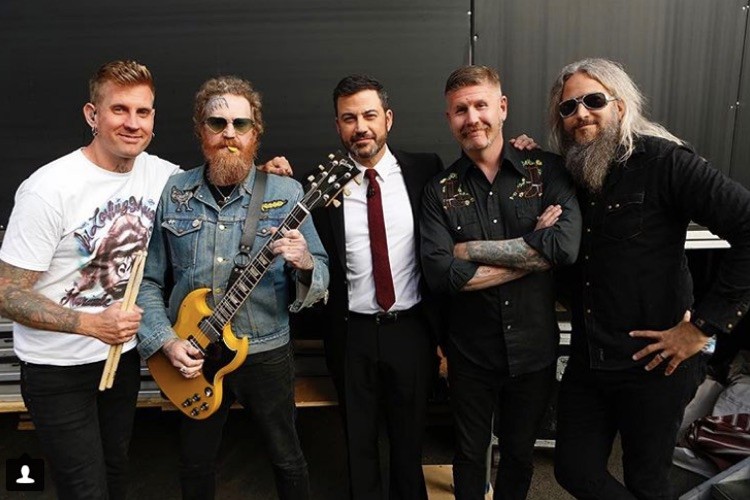
In a candid interview, Mastodon guitarist Bill Kelliher shed light on the challenging economic realities of touring in the post-pandemic music industry. Kelliher's insights reveal a complex web of financial pressures that bands face, often hidden from the public eye.
The COVID-19 pandemic has left an indelible mark on the music industry, with Kelliher describing it as "irreparable damage." Many industry professionals changed careers during lockdowns, leading to a shortage of essential workers like technicians and drivers. This scarcity, coupled with rising costs in transportation, accommodation, and production, has made touring a financial tightrope walk for bands.
Kelliher highlighted the stark contrast between touring in the United States and Europe. While Mastodon's recent U.S. tour with Lamb of God was successful, the band had to decline European tours due to prohibitive costs. "We can't have the huge production that we have in the States," Kelliher explained, noting that bringing their full setup to Europe would result in barely breaking even.
The guitarist also addressed the oft-criticized high prices of band merchandise. He revealed that venues typically take a 20-30% cut of merchandise sales, a practice he disagrees with. Additionally, when touring with bigger acts, bands are often required to price-match their merchandise, further squeezing profit margins.
Kelliher expressed frustration with venues imposing their own merchandise sellers and credit card machines, which further eat into the band's earnings. He emphasized that after covering all expenses, "The band is the last person to get paid."
Despite these challenges, Kelliher remains resilient. He described himself as a "hustler," finding creative ways to generate income, such as selling and signing merchandise or auctioning off guitars played on stage. This adaptability, he suggests, is becoming increasingly necessary for musicians in today's industry.
The interview paints a picture of an industry in flux, where even successful bands like Mastodon must carefully navigate financial hurdles. As Kelliher put it, "People are just finding different ways to make money," highlighting the need for musicians to be as savvy in business as they are in their art.
While acknowledging that the situation is improving, Kelliher's frank discussion serves as a reminder of the often unseen economic pressures in the music industry. It offers fans a glimpse behind the curtain, revealing the complex financial ecosystem that supports the live music experiences they enjoy.